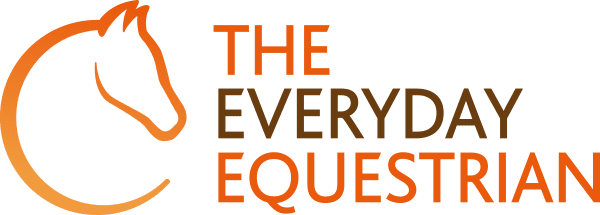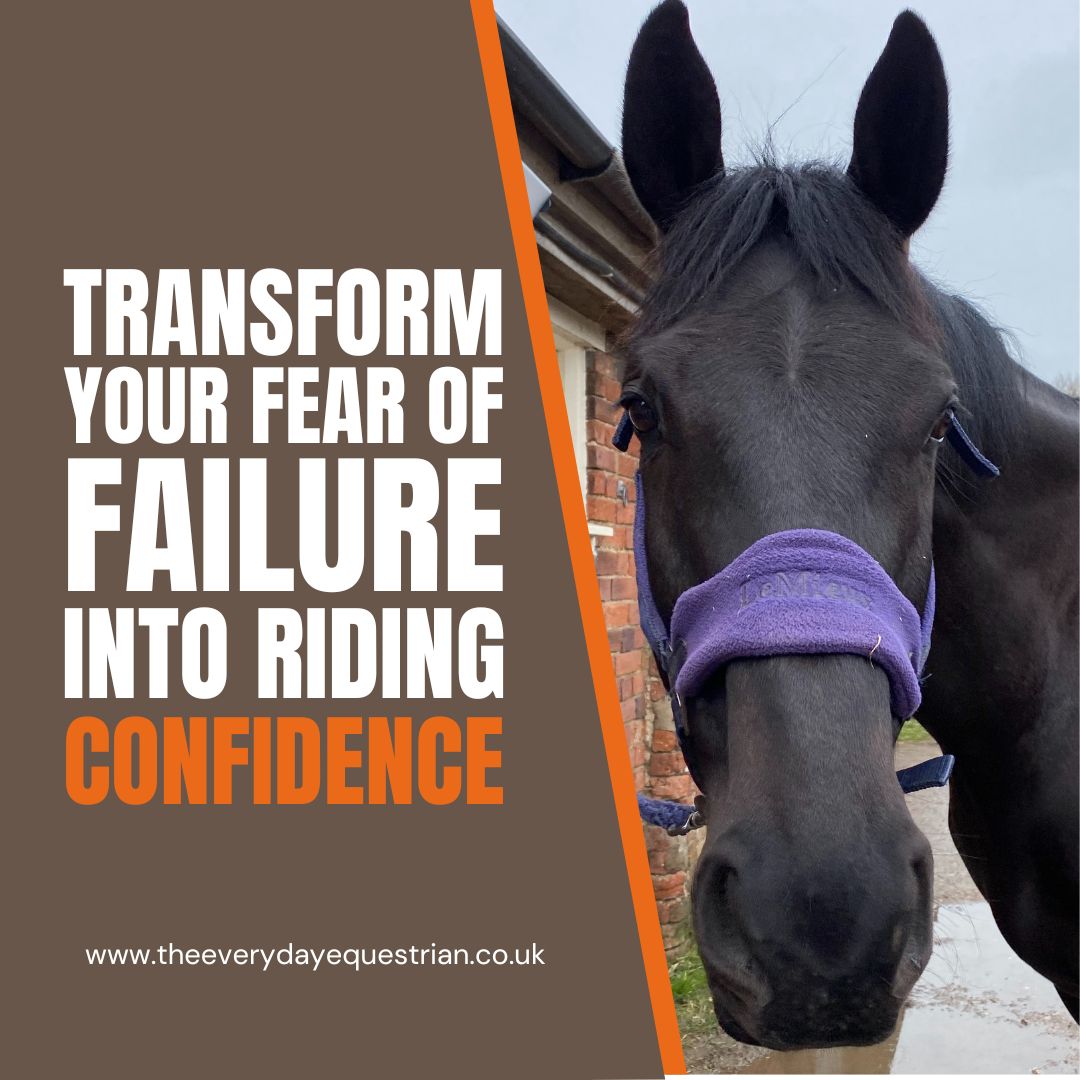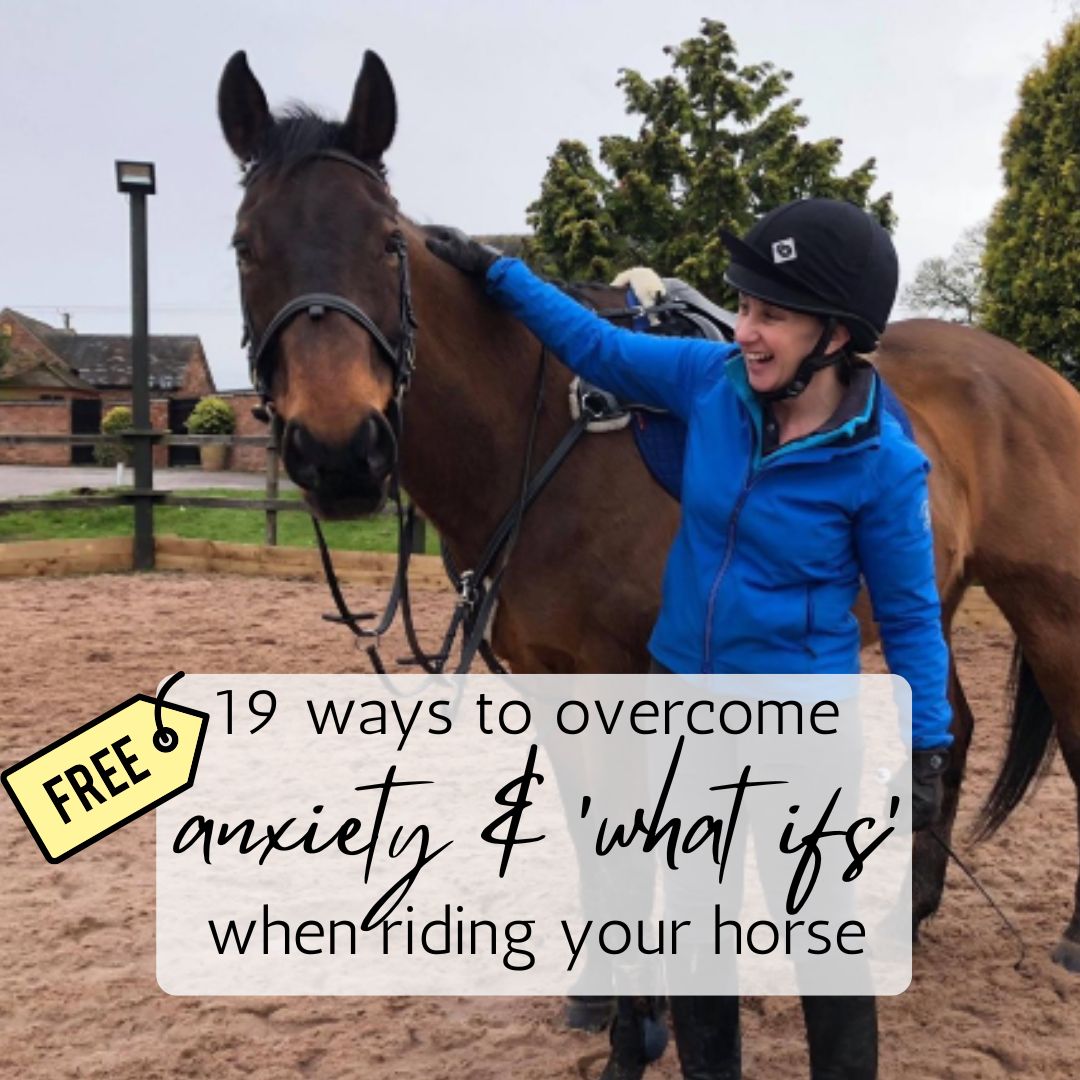Transform your Fear of Failure into Riding Confidence
Are you struggling with becoming a confident rider due to the fear of failure? You’re not alone! Many riders experience rider anxiety at some point in their equestrian journey, which can manifest in various ways. Perhaps you hesitate to try new techniques, worrying that you’ll make a mistake or won’t perform them perfectly. Or maybe you avoid participating in competitions, worried that you’ll disappoint yourself, your coach, or your friends. Even riding in front of others can seem like a daunting task when anxiety gets in the way.
But here’s the good news – overcoming the fear of failure is possible, and it’s one of the key to unlocking your full potential as a confident rider. In this article, we’ll explore practical strategies to help you confront your fears, embrace challenges, and turn your riding experience into a positive, rewarding adventure. So, let’s saddle up and help you create your riding confidence!
What is a ‘fear of failure?
Fear of failure is an irrational fear of things going wrong, making mistakes, or not achieving a particular goal or outcome. Sometimes, this is caused by underlying limiting beliefs about themselves or their horse, low self-esteem or trauma following previous bad experiences.
Whatever the reason, a fear of failure can trigger performance anxiety, along with procrastination, a tendency towards perfectionism, the avoidance of challenges, negative self-talk and self-doubt. Riders who struggle with a fear of failure can worry about what other people think, of ‘making a fool of themselves’, or letting their horse down in some way.
I wonder whether any of these resonate with you? Often, riders can identify the symptoms but don’t realise that their mind has a script running, which makes the fear of failure far outweigh the joy and fulfilment found on the other side of the challenge. It stops them from even trying engage with new experiences, which means that their world becomes limited by their own self-sabotage. As they avoid challenges, their internal narrative becomes strengthened by the self-fulfilling prophecy; if you don’t try, then you’ll never fail. The trouble is that in not trying or actively avoiding situations, then we already fail; there is simply no chance of success precisely because we don’t try.
How does a fear of failure affect riders and horses?
Whether you’re a competitive rider or someone who rides for leisure, carrying around a fear of failure can have a huge negative impact on your riding progress, in terms of practical skills and mindset. It can mean that you gradually lose your enjoyment of riding, which inevitably leads to tension in the rider-horse relationship.
Funnily enough, the more we focus on failure (or our perception of it), the less proactively we’re able to ride, the less ‘in control’ we feel of ourselves and often our horses, and the more we’re likely to beat ourselves up when things don’t quite go to plan. When we’re able to build our ‘resilience muscle’ and level ourselves out through the inevitable ups and downs of owning and riding horse, we can find comfort and reassurance in following the process, and in refocusing on those things that are under our control, so that we can find the hidden gems of learning and feedback in each and every ride.
So, what can we do about our fear of failure?
Firstly, work on embracing perceived failure as a learning opportunity. Set aside your emotions for a moment, and explore the feedback and feedforward that is available to you in any given situation. Failure only exists if we label it as such; find alternative ways of interpreting a situation or experience, to offer information to help you adjust your plan and move forward.
It’s important to set realistic, achievable goals for yourself and your horse, and allow these to be supported by fair and reasonable expectations of yourself. So many riders t are able to rationally explain why their horse is at a certain stage of training and justify it with completely logical and appropriate reasoning, and yet find it extremely difficult to do the same for themselves! If you’re in this particular boat, then test out ways to manage yourself as well as you manage your horse.
Reducing stress, anxiety and worry will help you feel more present and grounded in the moment. When used consistently as part of a daily routine, techniques such as mindfulness and meditation can be hugely beneficial in reducing your tendency to be driven by your old fears.
In terms of competing, get super clear about your intentions for a specific event, class, round or test. Know exactly what you want to experience, and dial in all of your senses to mentally rehearse your best possible ride. Focus on what you want to happen, rather than what you don’t want, and practise bringing your attention back to the process each time you find your mind wandering off to any potential outcome.
Finally, get help! If your fear of failure is stopping you from doing what you love with your horse, then please make a decision to do something about it. Remember, that the definition of madness is to carry on doing the same thing over and over again, whilst expecting a different outcome. And yes, this applies to our psychological programming just as much as our physical actions! Suspend disbelief for just a moment, and imagine what you would do if your fears were no longer holding you back.
So if you recognise that you are struggling with a fear of failure, then I’ve created an exclusive hypnotherapy session which will help you let go of those old habits and find a new way forward, so you can get back to doing what you love with your horse. You can get immediate access to this audio session, right HERE.


